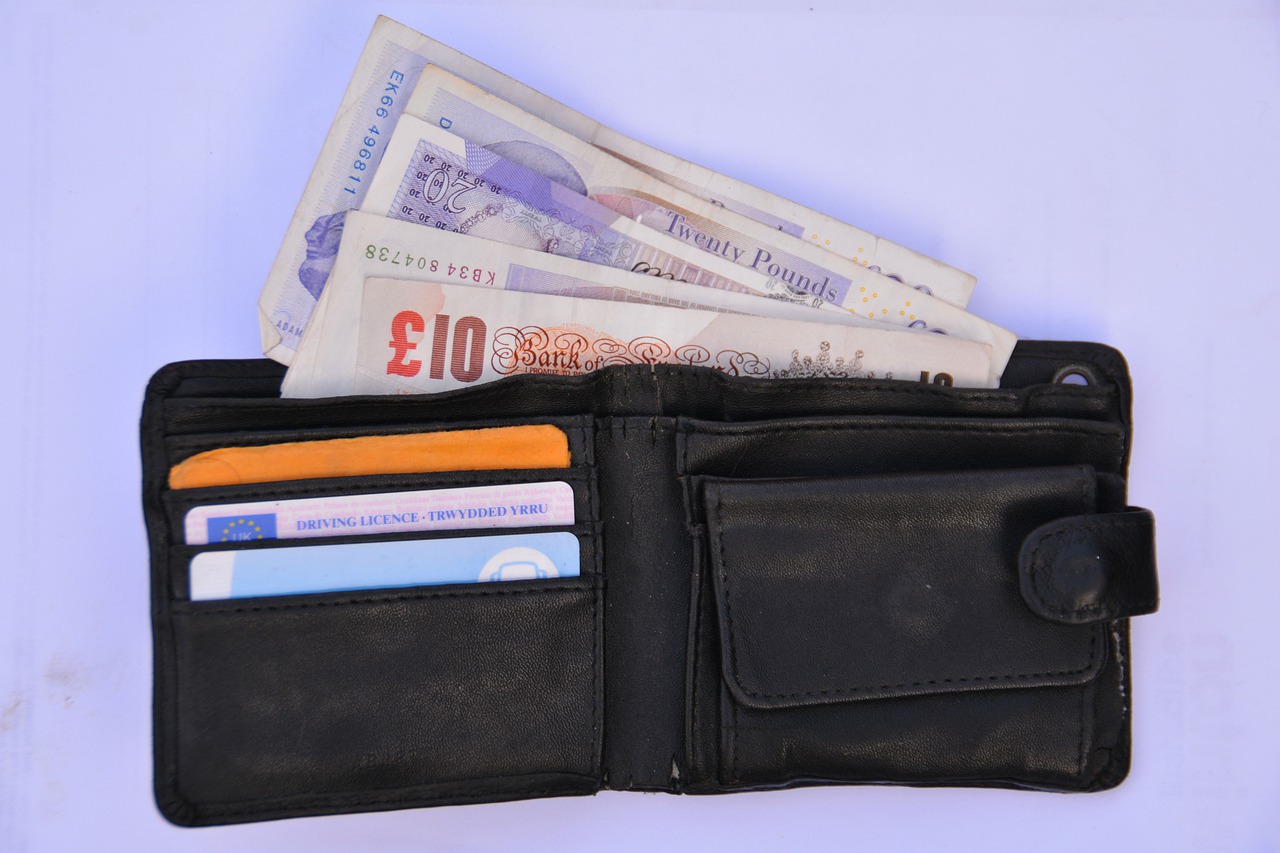It has long been known that inflation in the United Kingdom has been skyrocketing out of control for the past few months. There are a number of forces at play here, not least the country re-opening up after the Coronavirus pandemic so there has been extra strains on a supply and demand front, but Russia’s invasion of the Ukraine certainly has not helped matters, particularly with that further influencing the current energy price crisis.
Whilst those factors can, and have certainly been blamed for the current state of affairs the country faces, both the Bank of England and the United Kingdom Government also share in that blame given their own handling of things and a severe lack of planning and swift, urgent action.
Inflation now sits at a 40 year high and the BoE have already warned that that it could top 13% this year, and their late answer has been to raise interest rates in an effort to stem that growth. The Government has finally outlined plans for an energy price cap, but they are unwilling to fund it via a windfall tax on the energy companies and that will not go down with the vast majority of the country mean they are already paying more for everything, even though petrol and diesel prices continue to fall – which is not reflected in the growing prices.
Whilst it is expected that the energy cap plan will temper inflation, it certainly is not coming down yet and it is not expected to for quite some time. For those who like a flutter betting sites are bound to have a few economy related odds somewhere that people can dabble with, as it certainly feels for many that Prime Minister Liz Truss is gambling with their futures with her decisions so far.
Jack Leslie, senior economist at the Resolution Foundation recently explained.
“High inflation continues to drive Britain’s cost-of-living crisis, but the outlook has brightening considerably over the past week. The Energy Price Guarantee should prevent a second winter surge in prices. However, high inflation is set to be with us for some time, particularly for low-income who continue to be hit hardest by high prices.”
Food prices continued to spike over the month of August, heavily driven by necessary basics such as milk, cheese and eggs and the rate of the rise was the highest since 1995. With the prices of services suffering its own inflation effects, it obviously means that the counter effect on a real life wage reduction for the majority of taxpayers continues to further widen the gap and create hardship – even for those who have been lucky enough to secure some kind of employment pay rise.
It was widely expected that the BoE would raise interest rates again last week, but following the passing of Her Majesty Queen Elizabeth II, that decision was delayed and the Monetary Policy Committee is now expected to make that announcement on September 22.
Chief economist at the Institute of Directors, Kitty Ussher explained that rates would likely continue to rise in the more foreseeable future.
“The fact that the falling headline rate is due to changes in the price of petrol and diesel, which is driven predominantly by the international price of oil rather than by domestic factors, means news is unlikely to alter expectations of a rise in interest rates.”
This news, and continuing expectations for the direction that inflation will continue to go in will not calm worries and tensions amongst those already struggling to put food on the table – and that will not get any easier as we move into autumn and winter and the cold weather hits.



 Bitcoin
Bitcoin  Ethereum
Ethereum  XRP
XRP  Tether
Tether  Solana
Solana  USDC
USDC  TRON
TRON  Lido Staked Ether
Lido Staked Ether  Cardano
Cardano  Avalanche
Avalanche  Toncoin
Toncoin